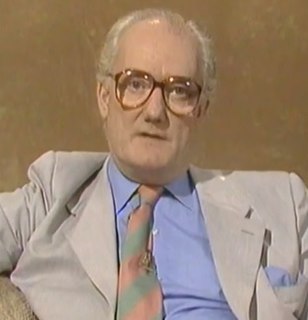A Quote by Georges Bataille
The emotional element which gives an obsessive value to communal existence is death.
Related Quotes
Every new born being indeed comes fresh and blithe into the new existence, and enjoys it as a free gift: but there is, and can be, nothing freely given. It's fresh existence is paid for by the old age and death of a worn out existence which has perished, but which contained the indestructible seed out of which the new existence has arisen: they are one being.
Take death for example. A great deal of our effort goes into avoiding it. We make extraordinary efforts to delay it, and often consider its intrusion a tragic event. Yet we'd find it hard to live without it. Death gives meaning to our lives. It gives importance and value to time. Time would become meaningless if there were too much of it.
Hideous psychic fallout they'd all endured both in active marijuana-dependency and then in marijuana-detox: the social isolation, anxious lassitude, and the hyperself-consciousness that then reinforced the withdrawal and anxiety - the increasing emotional abstraction, poverty of affect, and then total emotional catalepsy - the obsessive analyzing, finally the paralytic stasis that results from obsessive analysis of all possible implications of both getting up from the couch and not getting up from the couch.
To take, for example, my own death: what I consider most likely to be true is that death will be the complete and utter end of my existence, with no successor existence of any kind that can be related to me as I now am. And if that is not the case, the next most likely scenario, it seems to me, is something along the lines indicated by Schopenhauer. But neither of these is what I most want. What I want to be true is that I have an individual, innermost self, a soul, which is the real me and which survives my death. That too could be true. But alas, I do not believe it.
We tend to suffer from the illusion that we are capable of dying for a belief or theory. What Hagakure is insisting is that even in merciless death, a futile death that knows neither flower nor fruit has dignity as the death of a human being. If we value so highly the dignity of life, how can we not also value the dignity of death? No death may be called futile.
If gold has been prized because it is the most inert element, changeless and incorruptible, water is prized for the opposite reason -- its fluidity, mobility, changeability that make it a necessity and a metaphor for life itself. To value gold over water is to value economy over ecology, that which can be locked up over that which connects all things.





































